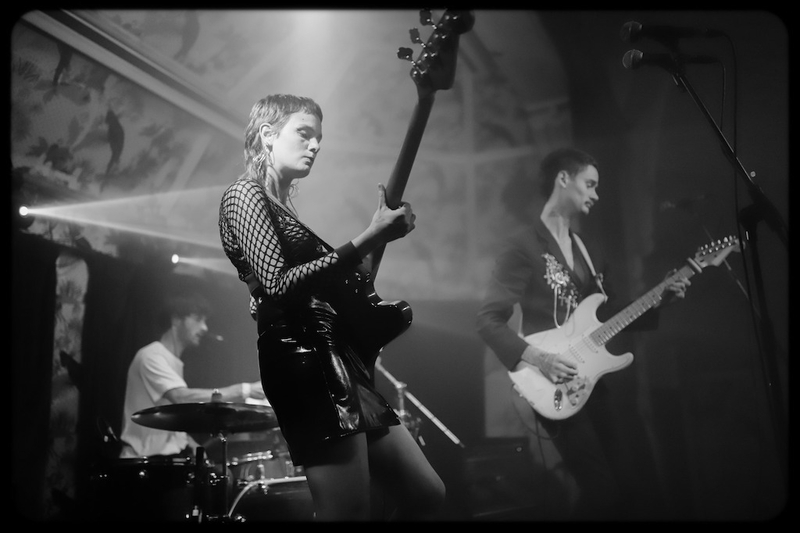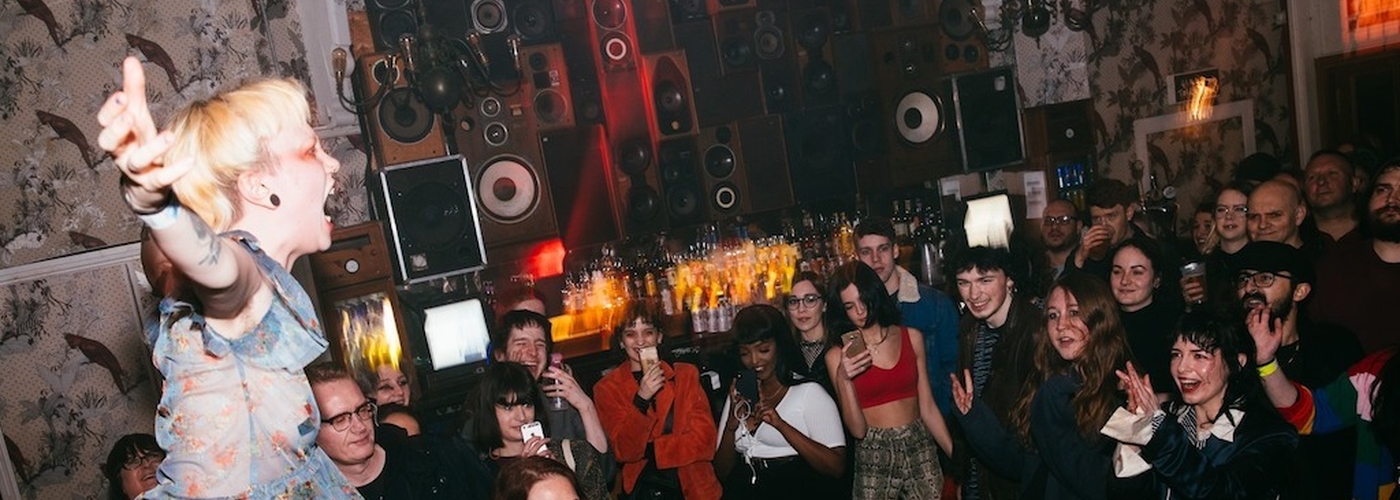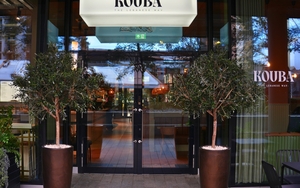Two popular venues are closing, does Manchester's music scene have any hope for the future?
Following a crescendo of rumours across social media, operator Mission Mars yesterday confirmed that the Manchester music venues Deaf Institute and Gorilla will be closing. The venues, stepping stones to success for many bands, have over the years hosted performances from the likes of Everything Everything, Sam Smith and Kylie Minogue. Unfortunately, they have not survived the bleak situation the UK’s music scene finds itself in due to the COVID-19 crisis.
Manchester is a musical juggernaut. Without these venues its a broken down old truck
Mission Mars was launched in 2015 by Roy Ellis and Neil Macleod, founders of the Revolution chain. They took on a cluster of already popular sites nurtured by previous owners Joel Wilkinson and Adelaide Winter including Gorilla and The Deaf Institute as well as Trof. The company also looks after Albert’s Schloss, its Albert Hall music venue and Rudy’s on Peter Street. In 2018, they received £10 million from the business growth fund and announced plans to roll out venues like Schloss and Rudy’s nationwide including Alberts Schenke in Liverpool. They recently opened a new 12000 sq ft music venue in Birmingham selling Rudy’s pizza.
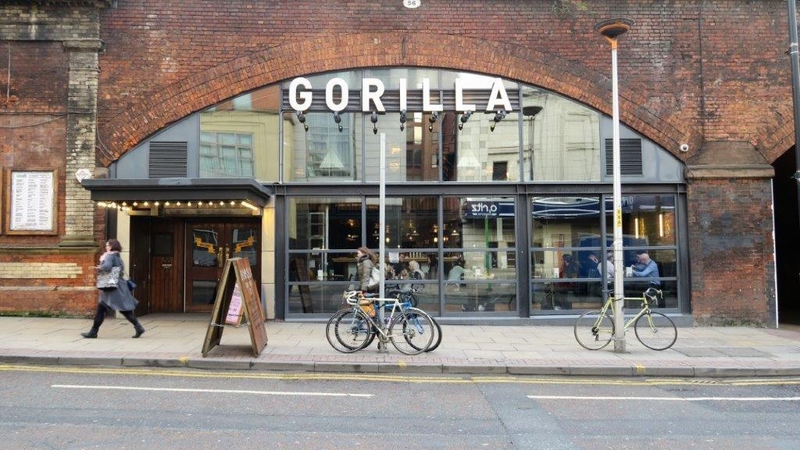
But in a year that has seen 90% of the UK’s small music venues under threat following the coronavirus outbreak, these smaller and presumably less profitable music venues under the Mission Mars umbrella have not made the cut.
It is deeply concerning that despite the government’s recently trumpeted arts rescue package, grassroots and mid-sized venues are still in dire straits. With no sign of a future when it will be safe for a couple of hundred sweaty bodies to move as one to the vibrations of the latest buzz bands, what hope is there for these types of venues? And what does this mean for Manchester’s music scene which has nurtured so many bands to greatness; all of whom started in now defunct venues like Deaf, The Roadhouse and Sound Control?
What do those entrenched in Manchester’s music scene have to say about the closure of these two well-loved spaces and how it bodes for the future of Manchester music?
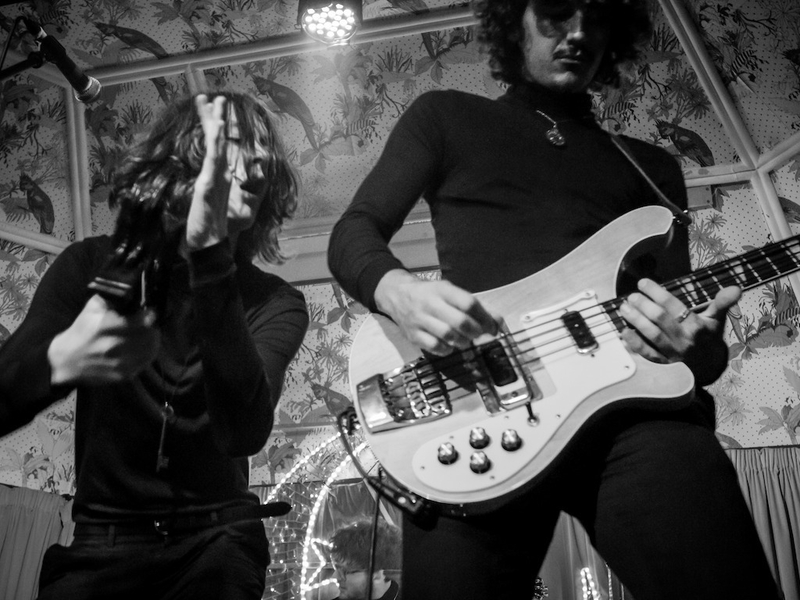
Ade Dovey, who launched Gorilla and Albert Hall and was head of programming for all venues 2013-2019 says: “I spent almost seven years of my life in these venues, booking bands and tours for the music-loving people of this diverse city. Despite knowing this day would come and what impact it would have on its staff, the culture and the industry, I have to remain optimistic. There will be a huge gap in the market for both local and international talent. In an average year The Deaf Institute and Gorilla would host 750+ events ranging from cutting edge new music, world class DJs and branded nights to parties, comedy nights and alternative content.
"The knock on effect of these events not happening is so detrimental to skilled professionals in the freelance creative sector. They were platforms for new bands to learn their craft and professionals to try their skills in production, sound, event management, food and drink hospitality and more. My hope is that a new operator sees this opportunity and can make it a sustainable and viable business.”
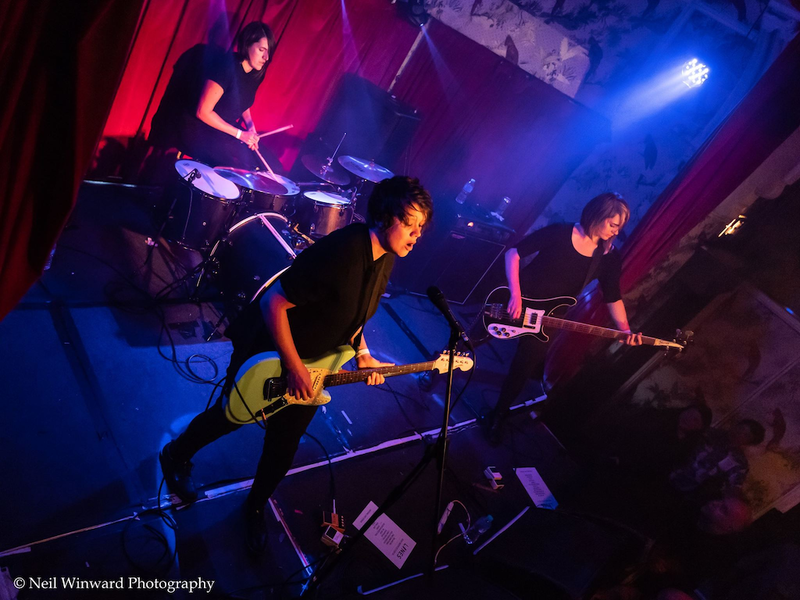
Zoe McVeigh of rising local stars LIINES and DJ at one of Deaf’s most popular club nights, Bollox, said: “We’re devastated. We’ve had amazing nights playing and enjoying music at both, such unique venues for local and touring artists to play. Walking into the main room at Deaf Institute and onto that stage felt like a special experience. It has diverse club nights – a few of which I feel lucky to be a part of. It’s so sad for all the venue staff, bands, promoters, punters who rely on these smaller venues. It’s a scary time not knowing what will still be here on the other side of this.”
Rod Connolly, founder of Bollox and live programmer for Deaf added: “The Deaf Institute was never just a room with a stage, it’s a building that carries an energy of hope, risk and freedom instilled by founders Joel Wilkinson and Adelaide Winter. That energy somehow seeps into the souls of the bands, staff and customers. Whilst the doors are now closed, the venue is not dead and there is still hope for a progressive new operator to step in and continue such an incredible legacy. I would urge any venues who are in doubt of their future to seek assistance from the UK Venues Trust immediately.”
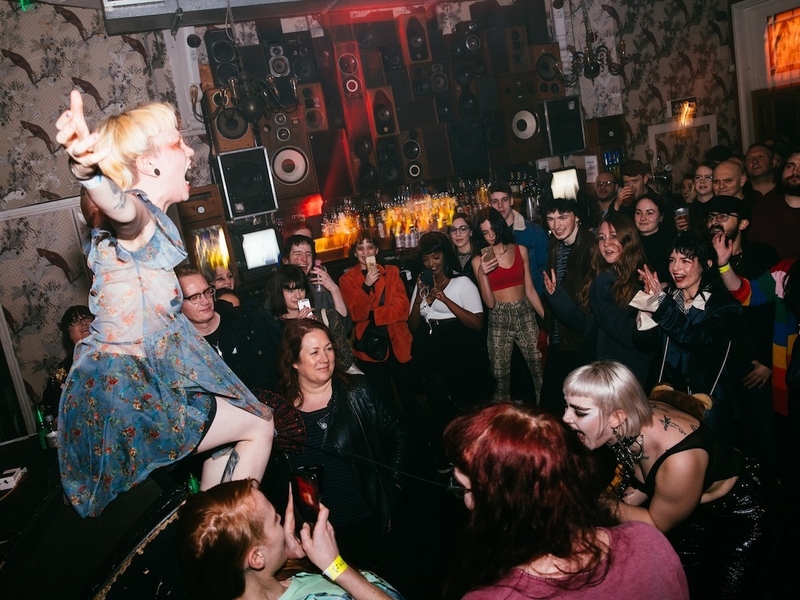
John Robb, owner of music site Louder Than War added: “We have not just lost two much loved venues but we are also losing the core of our culture - one of the the things our nation is loved for worldwide. Rarely a day goes by without me speaking to people from China, Russia or the USA about our city’s much loved music scene. That music scene would not exist without these venues, vital stepping stones for bands, rooms full of dreams and ideas, and places where friendships and creative partnerships are forged. Manchester is a musical juggernaut. Without these venues its a broken down old truck and it leaves our beloved city centre streets looking toothless and bare.”
Local photographer, videographer and music manager Debbie Ellis added: “It’s absolutely tragic. Those venues were crucial to putting our city on the UK tour map. Bands not big enough for The Albert Hall but too big for Gullivers, where will they play? As for Manchester bands, these venues have been the making of a lot of our homegrown talent. My experience of watching Witch Fever play at Gorilla when they were a fairly new band made me believe they were destined for bigger things. Some of my favourite performances there have been Thee Oh Sees, Moonlandingz, Pussy Riot, and Thurston Moore’s interview with Dave Haslam.”
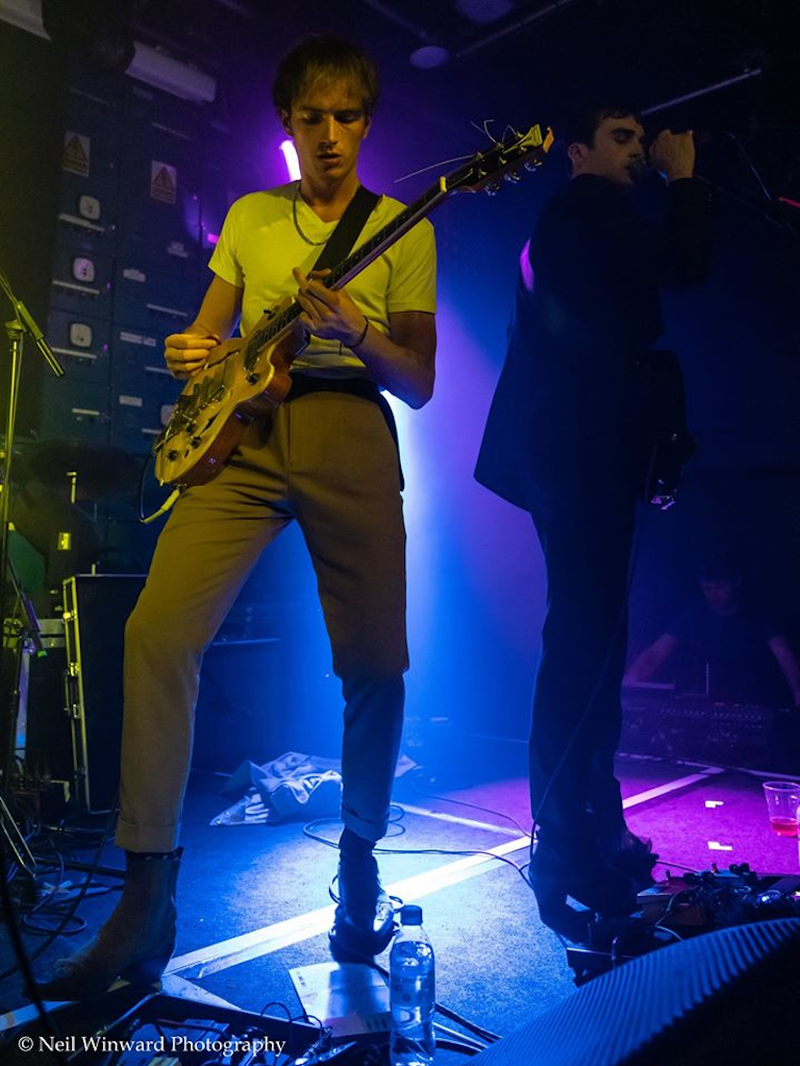
Music promoter Kamran Haq said: “It’s huge loss to the music scene in Manchester. I’ve lost track of the amount of bands I’ve promoted and been to see at both venues over the years. It’s always great seeing bands grow from playing Deaf Institute and Gorilla to huge venues and festivals. My only hope is that someone buys them and they remain as live music venues. Manchester needs places like this to support grassroots bands especially after losing The Roadhouse, Sound Control, NQ Live, Dry Bar and The Ruby Lounge over the last few years.”
Natalie Wardle sales and marketing manager of The Deaf Institute is one of the staff who have sadly lost their jobs. “Saying I'm heartbroken doesn't even come close. All the staff feel the same. I poured my heart and soul in to that venue, seeing it close without a fight from the owners breaks my heart. I respect their decision - live music is not their passion - but for everyone who works for the venue it is. I'm hoping that the right person who loves the music industry and cares about Manchester’s culture will come along and buy the venue.”
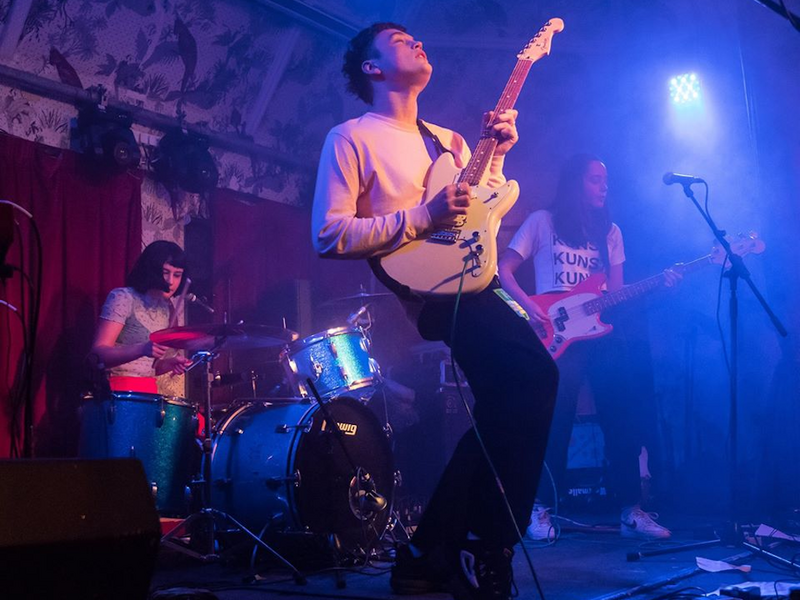
Avid gig goer and video documenter on the popular MancMusic YouTube channel John Hall was emotional. “The excitement mounted as you rushed up Oxford Road to get to the shrine of modern music - The Deaf Institute. The flock wallpaper and glitter ball gave an other worldly feeling. I never rushed to the seats at the back - we wanted to be up close and personal with the groups. Established legends like Roddy Frame, Edwin Collins and I Am Kloot played career defining sets there, But it’s the newer, fresher bands that provided the most excitement: The Blinders, Deja Vega, Cabbage, LIINES, Lucid Dream, Ist Ist. Feeling the artists’ energy and passion and willing them on to be brilliant. The sound was ace and you end up watching the band and the audience. There are 500 reasons why the Deaf should rise again.”
Gorilla and Deaf Institute update: There is hope. Over night I have received interest from potential buyers. This morning I have written to Mission Mars asking them to share with me the sale details. Further updates will follow.
— Sacha Lord (@Sacha_Lord) July 17, 2020
And it may well rise again. The Music Venues Trust has urged venues in a similar position to get in touch.
'Regrettably, the current operators did not contact Music Venue Trust seeking help to prevent the closures. We would emphasise that any grassroots music venue operator considering closure should contact us so that we can explore all options.
'We have been warning for months that the situation faced by grassroots music venues was unsustainable and would result in the closure of spaces people love and artists need unless there was concerted, strategic action.'
The MVT says that an acceleration of action is needed to prevent hundreds of other venues from being lost UK-wide. They assert that the future of these spaces may be salvageable and strongly urge Manchester City Council to get involved.
Sacha Lord, Greater Manchester's night time adviser, tweeted this morning that he believes there is hope that someone will save the venues and he, along with GM Mayor Andy Burnham, is willing to get involved to try and make that happen. The creative and tenacious folk of Manchester’s music scene don’t lie down easily. We hope that someone can step in and save these crucial arts spaces from being lost forever.
